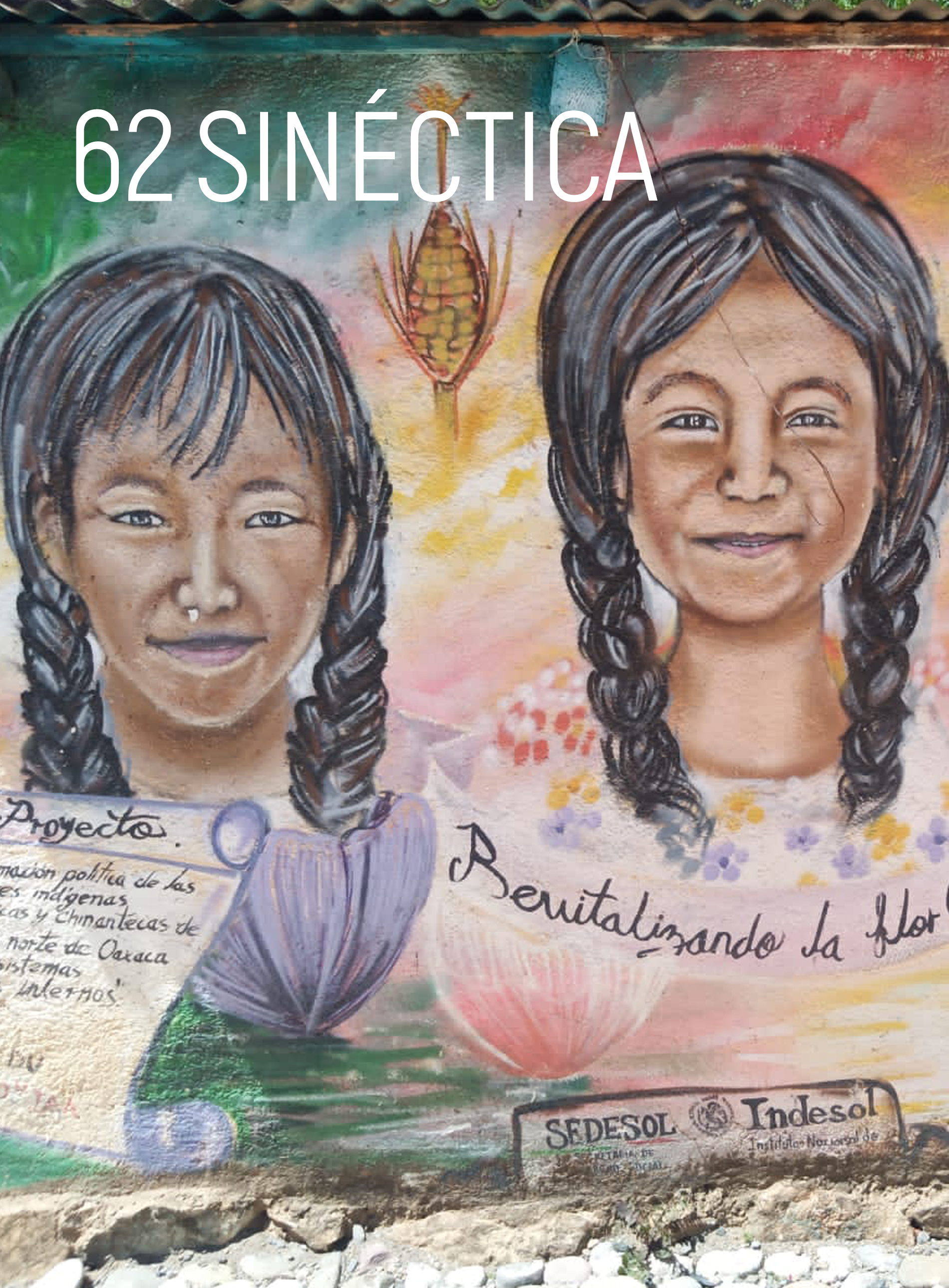Modelos de redes de educación superior a distancia en México
Keywords:
análisis institucional, educación superior, redes institucionales, universidades virtualesAbstract
Este artículo tiene como propósito analizar los sistemas de educación superior a distancia, en el contexto de los problemas de la educación superior en México, desde la perspectiva estructural del análisis social de las redes institucionales. El concepto de redes se aborda como una construcción simbólica o metafórica de la organización social, una construcción analítica y sintética de las estructuras de las relaciones e interacciones humanas y una construcción operativa y funcional de los sistemas de comunicación e información. El aporte del artículo es la construcción de tres modelos de redes a partir del análisis de los rasgos característicos de estos sistemas en tres universidades públicas.
Downloads
Downloads
Published
Issue
Section
License
This work is licensed under a Creative Commons Attribution-NonCommercial 4.0 International license.
Authors who publish in Sinéctica agree to the following terms:
The authors retain copyright and grant the journal the right of first publication of the authorized work simultaneously under a Creative Commons Attribution License, which allows others to share the work as long as both the authorship of the work and the initial publication in this journal are acknowledged.
Authors may enter into additional separate contractual agreements for non-exclusive distribution of the published version of the journal (e.g., publishing in an institutional repository or a book), with acknowledgement of initial publication in this journal.
Authors are allowed to publish their work in institutional repositories or on their own website before and during the submission process, as it may generate productive exchanges, as well as earlier and greater citation of the published work.
Explanatory note: As of 2017 Sinéctica is governed by the Creative Commons Attribution Non-Commercial 3.0 International License, a version that standardizes licenses internationally.
Articles published between 1992 and 2016 are covered by a Creative Commons Attribution-NonCommercial-NoDerivatives 4.0 International license, which allows a work to be shared and distributed non-commercially and with acknowledgement of the author, but prohibits modification of the original creation.






















